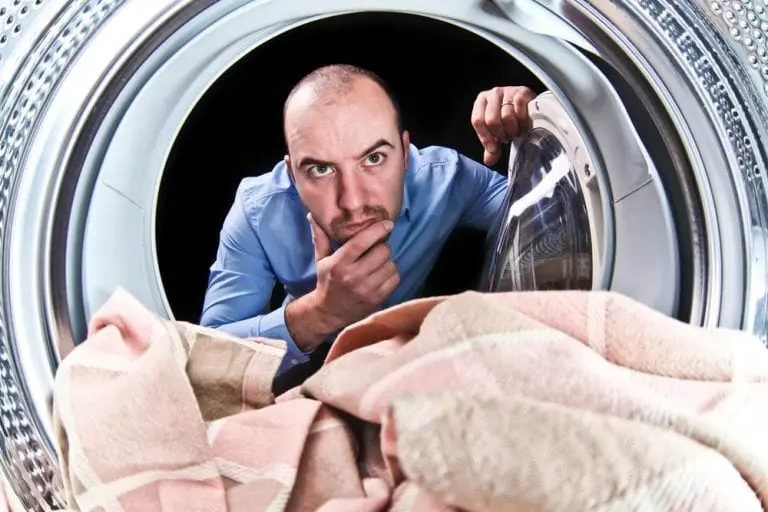10 Tips for Saving Energy in the Kitchen

You might find that a lot of your energy usage occurs in the kitchen and it can be quite a waste. When you put these energy saving tips into practice, however, it can lower your energy bills and your carbon footprint as well.
-
Cook Smart
It is possible to save a considerable amount of energy and money by making a few changes to the way you cook. As an example, covering pots and pans will allow the water to boil more quickly. You might even find it to be beneficial to pre-boil the water in a kettle and then put it into the pan. Doing so will save energy. Do you have more water in the pan that is needed? It takes additional time and energy to make the water boil and it is also a waste of water.
It can also help if you turn the heat off on the stove before the food is finish cooking. An electric stove user will especially benefit from this tip. It takes a while for the burner to cool down. Something similar can also be beneficial when you turn the oven off a few minutes prior to the time the food is finished. The oven will still stay hot enough to cook the food thoroughly.
At times, boiled water can be used for multiple purposes. As an example, you can put a colander on top of a pan while boiling pasta to use it as a steamer. You use the same water for steamed vegetables!
-
Treat Your Refrigerator Properly
You should never put hot food in the refrigerator without letting it cool down first. You are making the refrigerator work harder and using more energy when you do so. Hot foods should cool down slightly prior to the time that it is put in the refrigerator. Putting hot food in the freezer will also have a similar effect. When working in the refrigerator or freezer, don’t allow the door to stay open unnecessarily. You should also leave a few inches around the refrigerator to allow heat to escape the area because it will save electricity.
-
Wash and Dry smartly
All appliances use power but the washing machine and dryer use more than most. The washing machine should always be full prior to starting it or you should set the mode on half load. You should also consider not using the dryer if you can get away with hanging them on the line. It may seem simplistic, but it will save your clothing and save money.
Did you know that up to 90% of the energy a washing machine uses is for heating water? Unless you absolutely have to wash your clothes on the hot cycle, choose a cool cycle. Unless your pillows are especially dirty, washing them at a cooler temperature will get them just as clean as washing them at a hotter temperature. By switching to a cooler wash setting, you can reduce your energy consumption by up to 50%.
-
Stop Your Taps from Dripping
Most people don’t give a dripping tap too much thought but the waste can be considerable. In fact, if you were to measure the amount of water coming out of the tap, you might find you were able to fill your bathtub in only a week! It is especially bad if the hot water is dripping because you are wasting additional energy. Don’t ignore this problem; get it fixed today.
-
Do Your Dishes the Right Way
Some studies have shown that dishwashers now use less water than the average person who washes the dishes by hand. If a dishwasher is being used in your home, the door can be opened after the wash cycles to allow the dishes to dry by air. Doing so will cut down on how much energy you are using.
-
Keep the Oven Door Clean
When you open the oven door while food is baking, a considerable amount of hot air escapes. It can be a real waste are of energy. Keeping the oven door clean allows you to see what is going on inside of the oven without having to open the door to check on the progress. It can be difficult to clean the glass but it will be worth it in the end.
-
Only Fill Your Kettle For What Is Needed
This tip can save you a lot of money. When you consider how much extra water is boiled during the course of a week, it could run your TV for the entire day. Most people tend to use about twice as much water as is necessary in the kettle. The water that is heated will eventually need to be cooled and then reheated later. Measure out how much water is needed and only boil that much.
-
Always Choose Energy Efficiency
When you look at all the kitchen appliances, you will notice that they are not the same in one specific area. According to Simply Switch’s energy comparison site, in some cases, older appliances may be wasting so much energy that it would be worth buying a newer, energy efficient unit. Prior to purchasing a new appliance, check the numbers on the Energy-Saving Trust Recommended sticker.
The size should also be considered. If you find that your refrigerator and freezer are never full, you can downsize to save energy. Purchasing the right size appliance for your needs can make a difference when saving energy.
-
Make Good Use of the Microwave
Whenever possible, use your microwave for cooking food. Reheating smaller portions is much more energy-efficient when it is done in the microwave. That is especially true when compared to heating it up in the oven. Just be sure that the microwave is turned off when you are finished.
-
Don’t Use Appliance Standby
All of your appliances, including your microwave, dishwasher, electric often and washing machine will use energy, even when they are not turned on. They tend to go into a standby mode but you can save energy by unplugging them or throwing the switch for the plug when they are not in use.
Similar Posts:
- None Found









